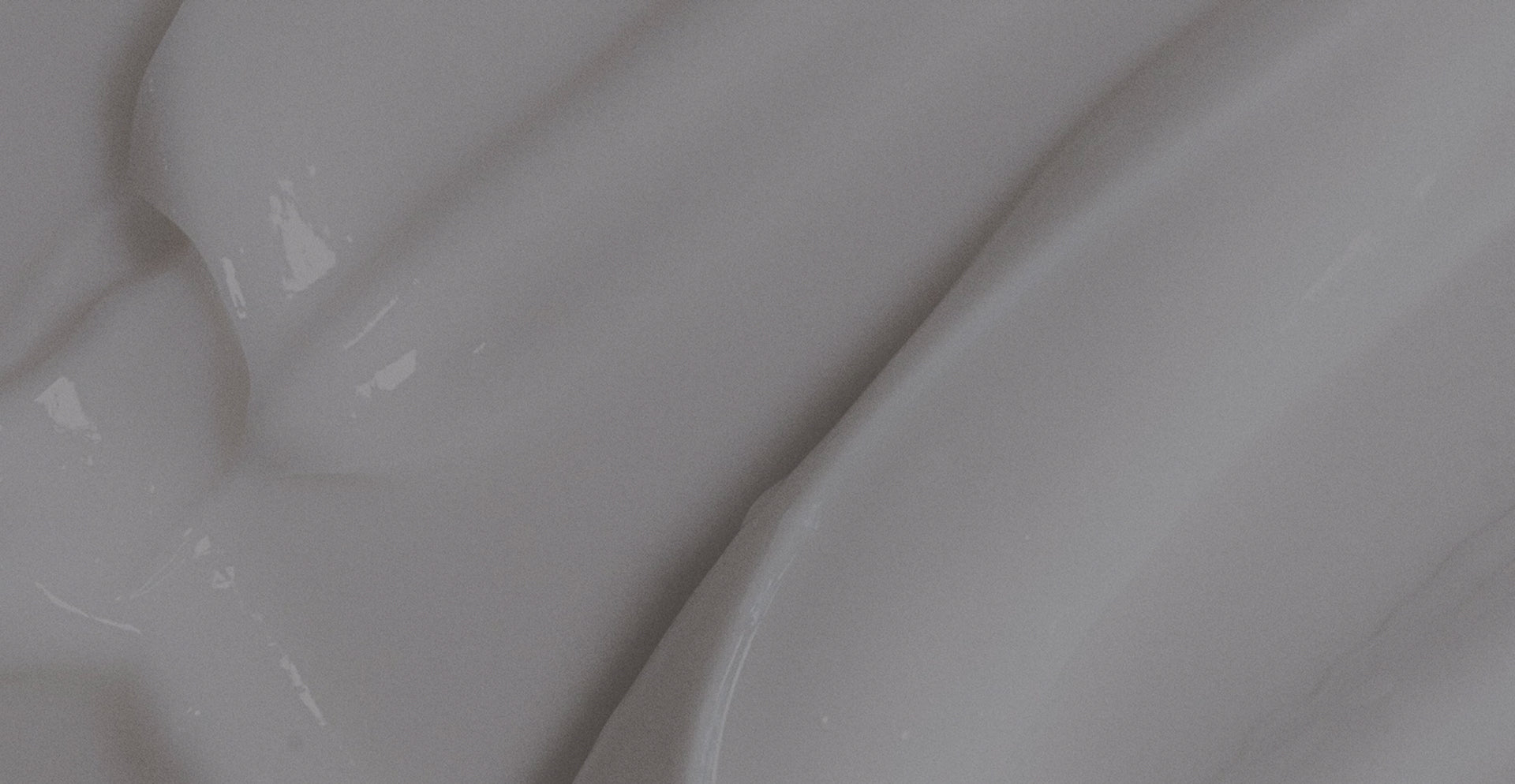A recent BBC article has drawn renewed attention to the alarming environmental damage caused by plastic-laden wet wipes. In London, parts of the River Thames have literally been reshaped by the build-up of flushed wipes — forming dense, artificial mounds that disrupt natural water flow and release harmful microplastics into surrounding ecosystems. According to environmental charity Thames21, these wipes accumulate on riverbanks and beds, changing the very landscape and choking habitats that support native wildlife.
This isn’t a uniquely British problem. In Australia, more than 95% of wet wipes sold still contain plastic, and over 25,000 tonnes of plastic landfill waste is generated each year from these seemingly disposable products — an impact that far outweighs even the use of plastic straws before their ban. Most of these wipes are imported, further amplifying their environmental toll through carbon-heavy international shipping.
The issue is compounded by misleading labelling. Many wipes are marketed as “flushable” but fail to meet any enforceable standard, leading consumers to unknowingly cause sewer blockages and environmental damage. In truth, most conventional wipes — particularly those made with plastic fibres like polyester or polypropylene — do not break down naturally. They persist in waterways, fragment into microplastics, and become long-term pollutants.
How Kine Solves the Problem
At Kine Australia, we’re changing the wipe industry from the inside out. Our wipes are made from 100% plant-based fibres, meaning they contain no plastic and won’t contribute to long-term environmental harm. They’re also certified flushable under AS/NZS 5328, the Australian and New Zealand standard for flushability, which was developed by Standards Australia and the Water Services Association of Australia (WSAA). This standard includes rigorous real-world testing to ensure wipes break down quickly and safely in plumbing and wastewater systems.
Unlike typical overseas brands, Kine wipes are made and assembled locally in Australia, cutting down transport-related emissions by up to 16%. Manufacturing locally also reduces production emissions by more than 50% compared to offshore alternatives, resulting in a product with a significantly lower carbon footprint — from creation to disposal.
And when it comes to the end of a wipe’s life, Kine still performs better. Composting Kine wipes, instead of sending them to landfill, reduces greenhouse gas emissions by approximately two-thirds. Combined with our plastic-free design, this ensures Kine wipes don’t just avoid harm — they actively help reduce it.
Every Wipe Counts
Plastic pollution from wet wipes is a global problem. But it’s one we can fix—one product, one household, one choice at a time. At Kine Australia, we believe in creating personal care products that are gentle on skin, kind to pipes, and better for the planet. By switching to Kine, you’re choosing a certified, environmentally responsible alternative to conventional wipes.
Flush responsibly. Live sustainably. Choose Kine.








